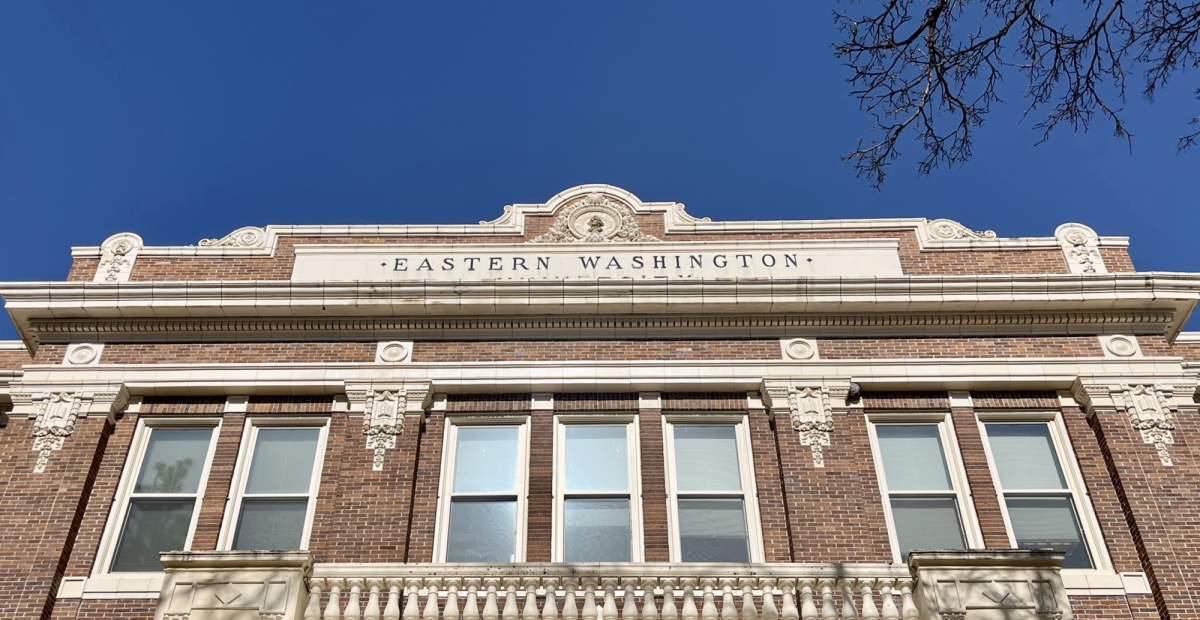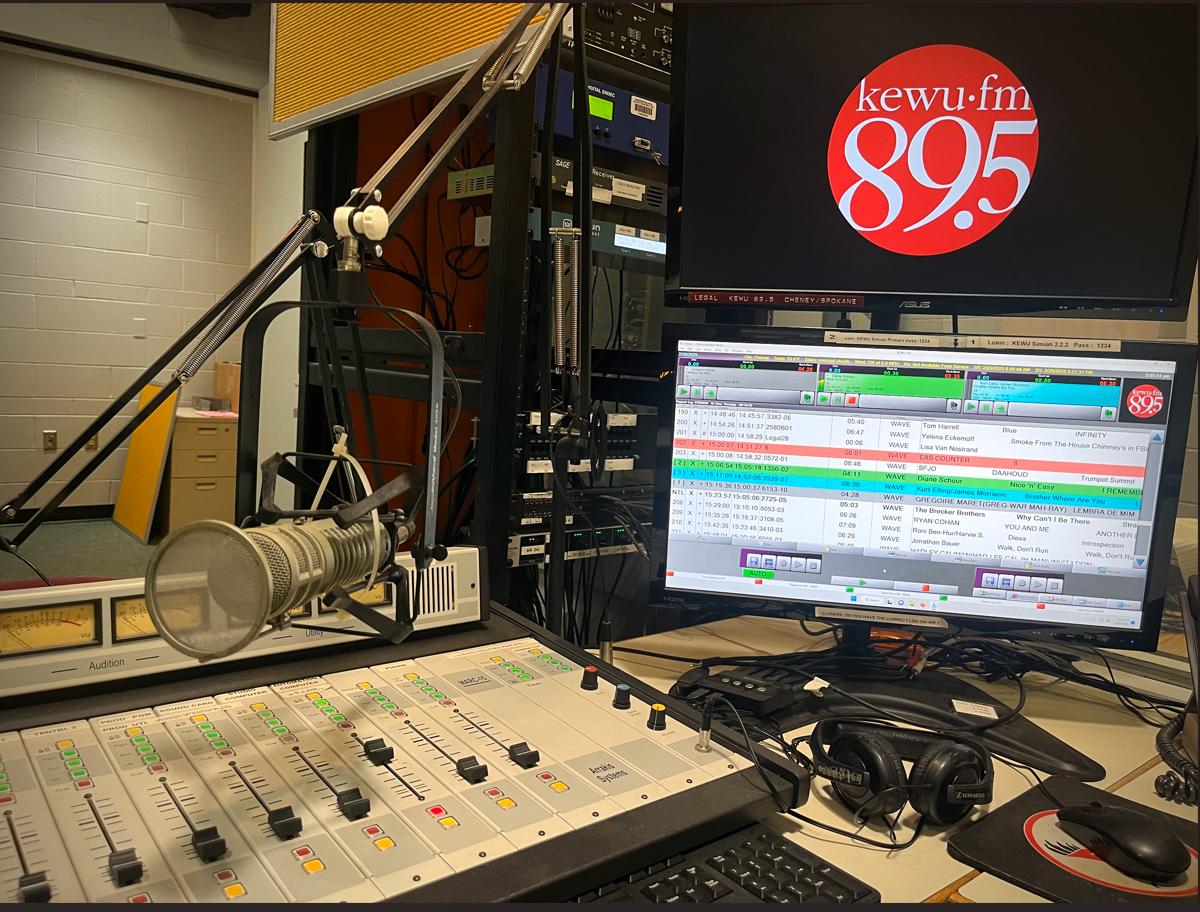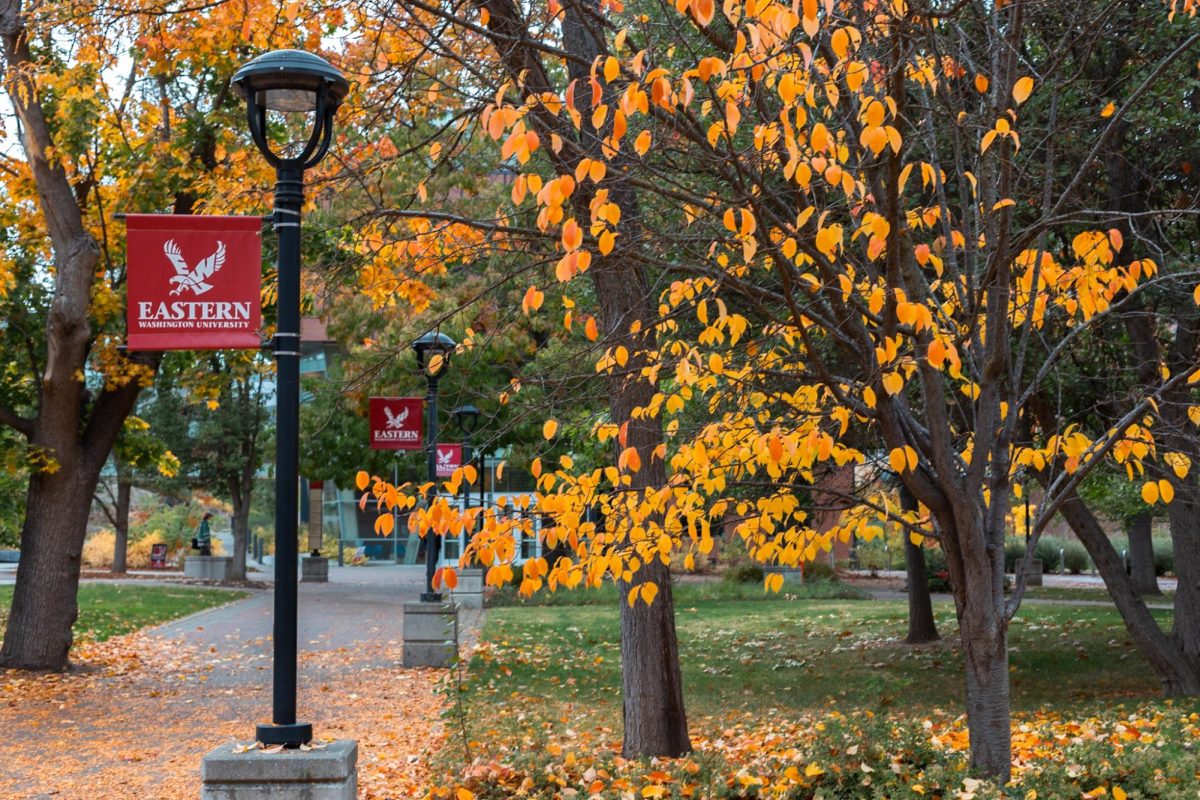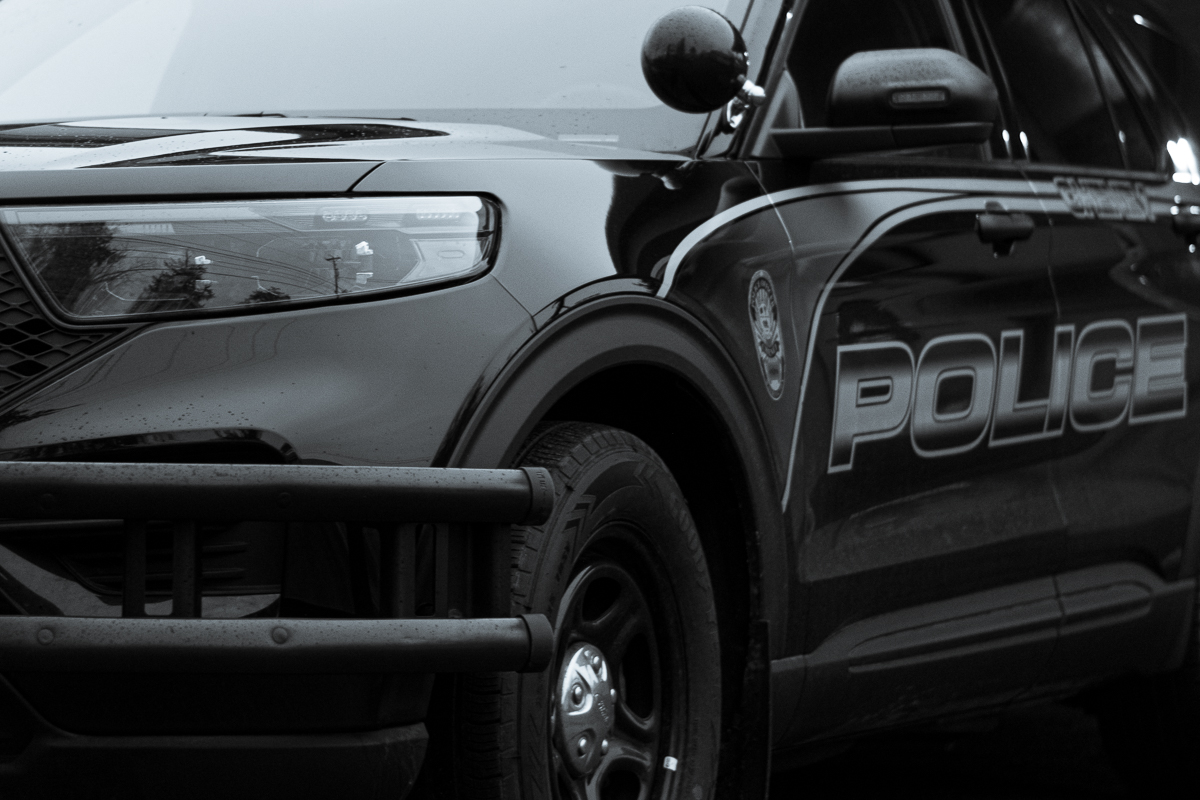Federal law requires Eastern to continue enforcement
 Even though marijuana will soon be legal in Washington state, it will not be allowed on campus, according to Associate to the EWU President Laurie Flinn Connelly.
Even though marijuana will soon be legal in Washington state, it will not be allowed on campus, according to Associate to the EWU President Laurie Flinn Connelly.
Detective E. Quincy Burns
“[Marijuana] will not be allowed on the university. That policy has not changed and will not change as far as my understanding goes,”
“We are subject to the federal Drug-Free Schools and Communities Act, which says as a condition of receiving those federal funds, we have to certify that we have adopted and implemented a program to prevent the unlawful possession, use or distribution of illicit drugs and alcohol by students and employees—and that includes marijuana,” said Flinn Connelly.
The new state law legalizing the possession of marijuana does not alter the federal law that classifies it as an illicit drug. Flinn Connelly said, “In order for it to be permitted on campus, the federal laws would have to change because we can’t violate that provision.”
According to Detective E. Quincy Burns, anyone caught in possession of marijuana on campus can be arrested and cited.
“We can arrest them for being in possession of a controlled substance,” he said. “If it’s under 40 grams, it’s a gross misdemeanor. If it’s over 40 grams, it’s a felony because then you’re talking most likely the possession with the intent to sell or distribute.”
Burns said there are a lot of details that state and law enforcement officials still need to work out, but the bottom line is that marijuana is not allowed on campus.
“[Marijuana] will not be allowed on the university. That policy has not changed and will not change as far as my understanding goes,” he said.
If caught in possession of any amount of marijuana, an offender can be arrested and receive a criminal citation. The offenders could also just receive a citation and not be physically booked into jail but have to appear in court at a later date.
According to Commander Rick Campbell, “There is no legal place where marijuana can be purchased until late 2013, so any possession is a violation.” This does not include medical marijuana that already has regulations in place.
The Washington State Liquor Control Board is in control of regulating Initiative 502 and has until Dec. 1, 2013, to establish the procedures and criteria necessary to implement the initiative. Initiative 502 goes into effect on Dec. 6, 2012, almost a year before the procedures and criteria are scheduled to be established.
Commander Campbell also said that any use of marijuana in a public location is a violation, along with any use of it by people under the age of 21.
Detective Burns said, “I believe [marijuana] is going to be more readily available for minors to get ahold of it. A lot of issues need to be played out yet and processes that need to be in place, and that hasn’t been well thought out, I believe, from a state level.”
“I think there are going to be lots of issues as far as how this impacts the campus as we move forward,” added Flinn Connelly. “I know students who get federal financial aid have to certify that they haven’t been convicted of certain crimes.”
The U.S. Department of Education Office of Federal Student Aid website states that having a drug-related offense could affect a student’s federal aid eligibility.
A question on the FAFSA asks whether the student has had a drug conviction for an offense that occurred while receiving federal student aid. If the students answers yes, they will have to fill out a worksheet used to determine eligibility.
If a student is convicted of a drug-related offense after submitting the FAFSA, eligibility for federal financial aid could be revoked, and the student might be liable for repaying any financial aid received during the period of ineligibility.
Eligibility for federal student aid can be regained by completing an approved drug rehabilitation program or by passing two unannounced drug tests performed by an approved drug rehabilitation program.















